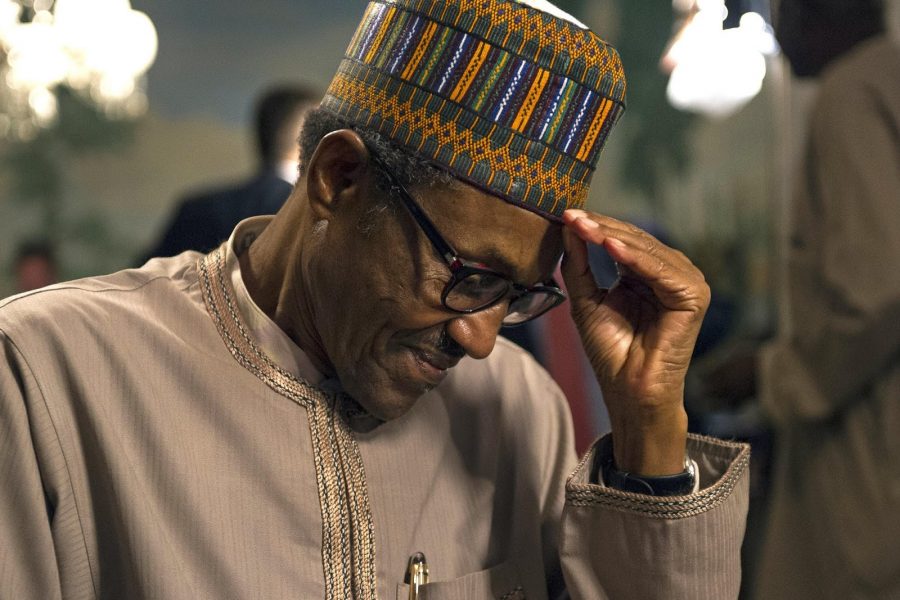Despite spending a total of N7.04 trillion to service both domestic and external debts under President Muhammadu Buhari’s administration alone, Nigeria may accept fresh loans from India for her infrastructure development projects, particularly the construction and maintenance of refineries.
On Thursday, July 18, 2019, Indian High Commissioner to Nigeria, His Excellency Abhay Thakur, visited the Group Managing Director of NNPC, Mallam Mele Kyari, where he revealed the loan offer window opened to Nigeria.
According to Thakur, India is ready to provide credit line mechanisms and expertise to help NNPC revamp its massive infrastructure across the country.

What this means is that Nigeria’s total debt has more than doubled since the President assumed office. Below are more details.
- External debt service gulped a total of N931 billion or US$2.1 billion in the last 5 years
- Commercial loans take the biggest share of Nigeria’s total external debt servicing amounting to US$1.58 billion
- In just one year (2017-2018), total external debt service increased by over 200%.
- Nigeria paid the sum of $464 million or 142 billion to service external debt in 2017, while the figure rose significantly to $1.47 billion or 451.8 billion in 2018.
- Just like external debt, domestic debt servicing has also been gulping over N6.1 trillion in the last 5 years.
- The total amount spent on servicing Nigeria’s domestic debt in 2015 was N1 trillion. Fast forward, the figure on an annual basis rose to 1.79 trillion in 2018 representing a 76% increase.
[READ ALSO: Nigeria’s external reserves up by $155 million in 3 weeks]
Meanwhile, as the country’s debt portfolio continues to rise, the poor condition of refineries across the country has been attracting widespread criticism, locally and internationally.
Many have expressed concerns that the lack of functional and reliable refineries is the factor that has caused loss in the government’s financial record thus far. Economists have also argued that the fuel subsidy the Nigerian government is paying, is doing more harm to the economy.











